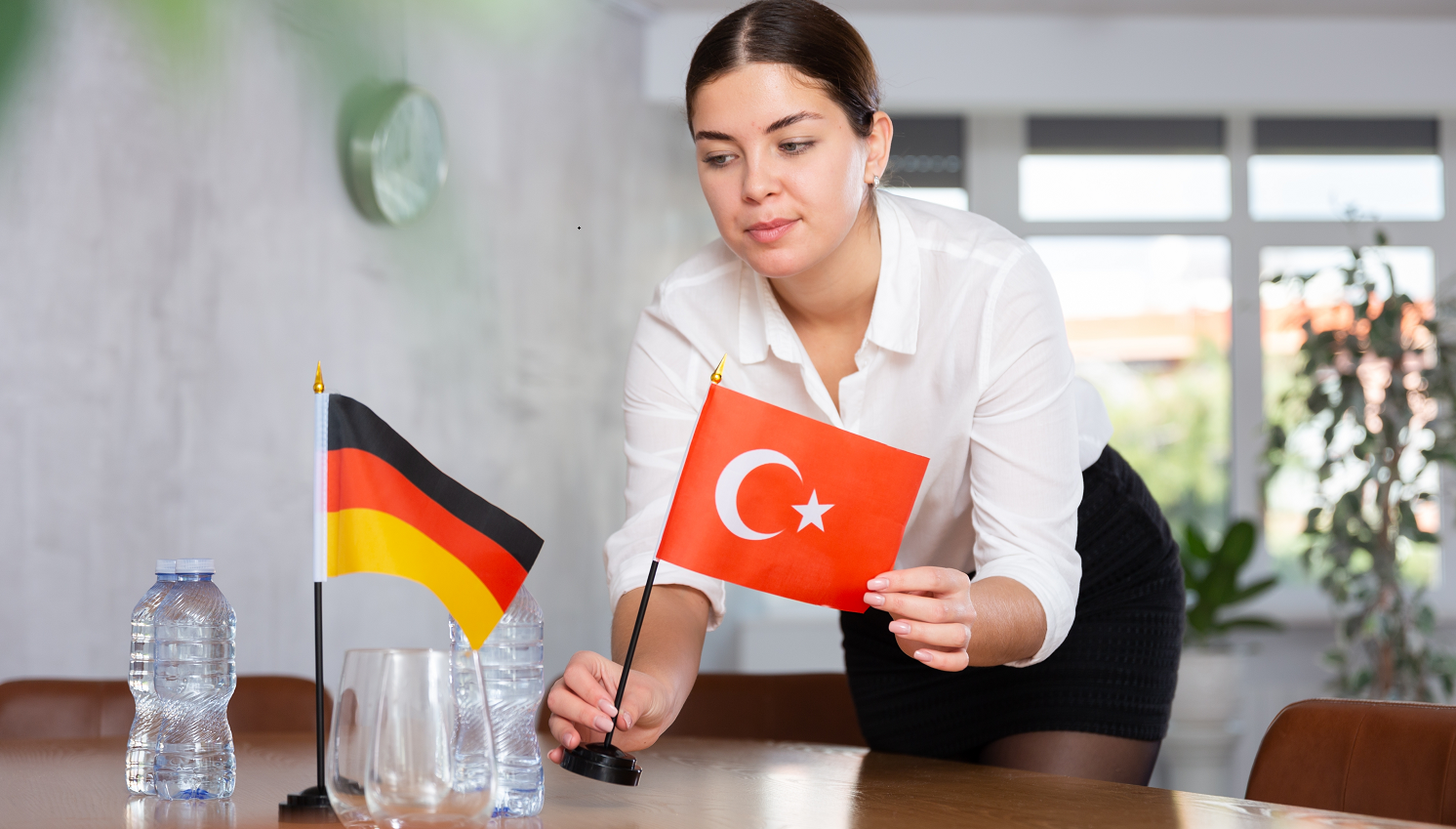Thursday, June 29, 2023
Turkey benefits from the trend towards nearshoring
Interview with Thilo Pahl, Secretary-General of the German-Turkish Chamber of Industry and Commerce

Source: shutterstock/BearFotos
How do you assess the situation in Turkey after the earthquakes of February 2023?
These devastating earthquakes in Turkey and Syria have claimed the lives of more than 55,000 people - an unfathomable human tragedy. The cost of reconstruction for Turkey is estimated at around 100 billion US dollars. This corresponds to 11 percent of Turkey's gross domestic product. Turkey will be dependent on further support from abroad for a long time.
What role does inflation play in this?
The earthquakes hit Turkey in a fragile overall economic situation - characterised by high inflation and a strong devaluation of the Turkish lira. In October 2022, inflation reached 86 per cent, the highest level in 24 years. In April 2023, it was still 44 per cent. Compared to the US dollar, the Turkish lira lost about 30 percent of its value in 2022. This makes imports more expensive, especially of energy. The weak currency and higher energy prices are driving up Turkey's current account deficit, which was 49 billion US dollars last year.
Is there also positive news about the economic situation?
Yes, definitely. Despite the difficult environment, the Turkish economy is surprisingly robust. In 2022, it grew by 5.6 per cent. Exports rose to an all-time high of 254 billion US dollars. German companies are also benefiting from this. The trade volume between Germany and Turkey reached a new record of 45 billion US dollars in 2022.
These positive growth and export figures are also reflected in the mood of German companies regarding the business situation in Turkey. In our current survey from spring 2023, 69 percent of the companies describe their business situation as good, only 3 percent as poor. However, companies were much more pessimistic about future business development. Uncertainties about the economic policy course after the parliamentary and presidential elections in Turkey in May 2023 had an impact here.
What are the prospects, where is the greatest potential for German companies?
In the medium to long term, German companies rate Turkey's economic potential as high. The infrastructure is excellent in many cases, the industrial base is broad, there are many logistical options for trade with Europe, production is still comparatively cheap, and the availability of labour and skilled workers is good.
For these reasons, more and more German companies are also investing in Turkey. Last year, direct investments were just under 700 million US dollars. This is the second highest value in the last 13 years. Turkey is benefiting from the trend towards nearshoring. However, this applies predominantly to those companies that already know the Turkish market. Investments by German companies that have not previously been involved in Turkey are much rarer.
There is great economic potential in the field of renewable energies and green hydrogen. The natural conditions for wind and solar energy are excellent in Turkey. As AHK, we have already been able to support some projects, and the potential for more is there.
What course must be set now?
In our surveys, 75 per cent of German companies name the exchange rate as the biggest risk factor for their business developments, 60 per cent the economic framework conditions. Globally, these figures are only 28 percent for the exchange rate and 39 percent for the economic framework conditions.
Economic policy should address these two points after the elections. A consistently inflation-oriented monetary policy with an independently acting central bank would help stabilise the exchange rate of the Turkish lira. Economic policy should avoid unpredictable interventions in the framework conditions. There should also be a stronger focus on innovation and education.
Interview was conducted with DIHK.
Related event: 2nd German-Turkish Business Meetings
Contact person: Lisa Immensack, Phone: +49 6196 5828 345, E-Mail: [email protected]